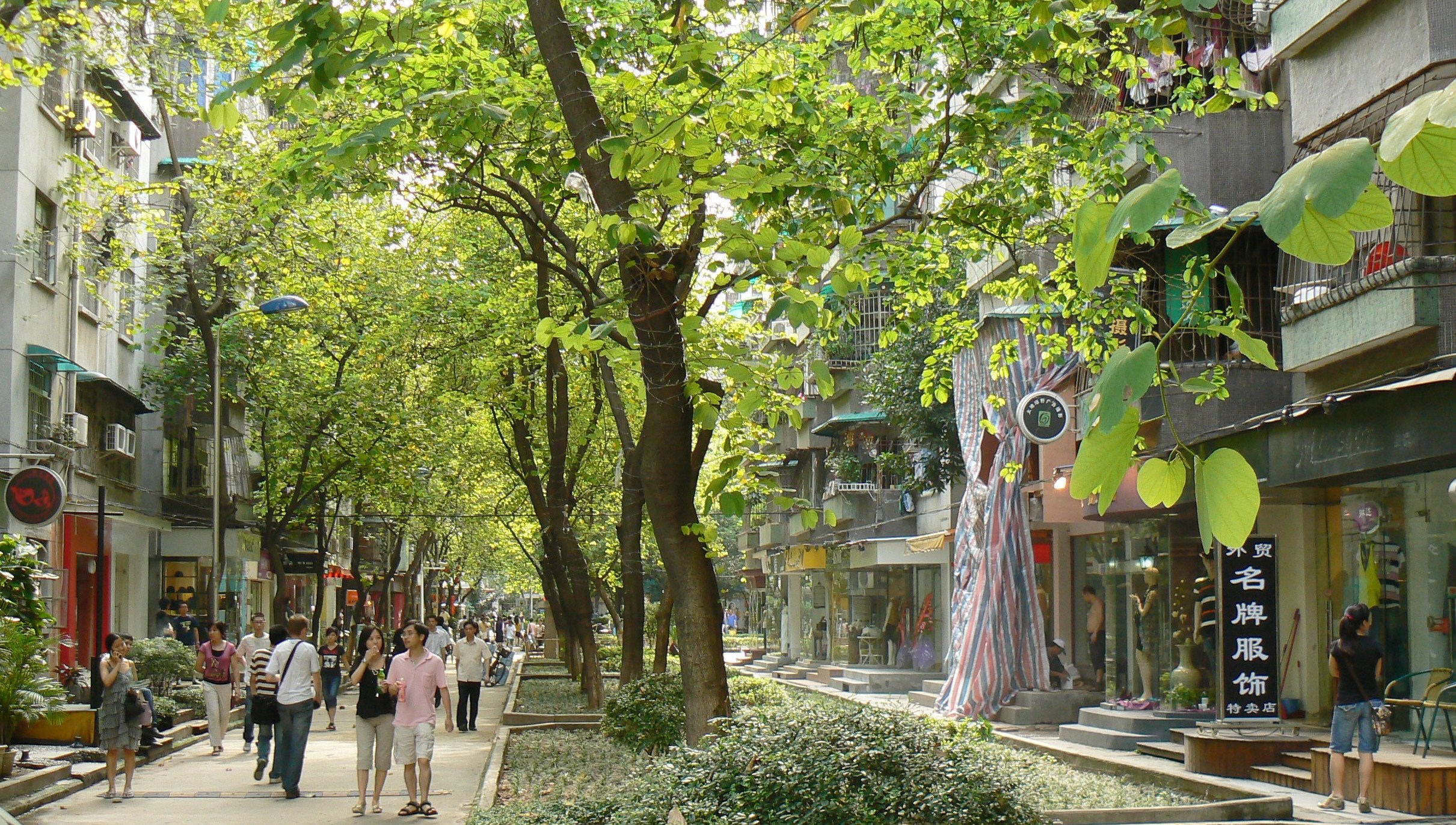
New Cities
San Francisco is burning. Our streets are littered with trash and human waste from the thousands of individuals without access to affordable housing, mental health or rehabilitation facilities. Crime is rampant and goes largely unpunished. Public transportation is chronically disabled, late, or unsafe. Public school lotteries are logistical nightmares.
Frustrated residents are understandably irate with the local government and its inability to make any measurable forward progress with their $12B budget - a figure larger than the budget of many US states and even some European countries.
If we assume that many cities suffer from the same fate — mainly, antiquated infrastructure and lackluster city services, funded by overreaching and dated tax policies and overrun by nepotism and patronage systems — wouldn’t we be better off starting from scratch?
What if we wanted to build new cities designed for the 21st century? How much investment would it require to bootstrap a new city from scratch and what would we want it to look like to flourish in the 21st century?
The thought of new city development — of starting with an entirely blank slate — is as exciting as it is daunting. Who finances the necessary infrastructure? What will the local government look like and who will make policy decisions? Where will I get my groceries, drycleaning, my haircut? And what about local culture? What are the important considerations and frameworks we should be establishing around socioeconomic, religious, and cultural diversity…if any at all?
Nota bene: The recommendations in this series of posts skew heavily towards privatization to avoid taxation. This is mostly a function of wanting to keep the problem space as tractable as possible, as I believe tax systems generally increase complexity and would slow down any potential development. That said, being active in political discourse, on both the local and national level is still very important in our democratic society.
One of the penalties of refusing to participate in politics is that you end up being governed by your inferiors.
— Plato
Guiding Principle
I’ll attempt to minimize the financial resources required to meet the threshold of vital resources & services that are historically provided via municipalities and public utilities (e.g. water, sanitation & waste management, electricity, education, transportation infrastructure, public health, etc…). This is to ensure we can create a MVS - a “Minimum Viable Settlement” that has all the ingredients that our new city requires with the minimum amount of capital outlay by initial settlers. The goal is to build a community that is more adaptable to change, both in terms of infrastructure improvements and local policies, than the current systems that exist today.
Can You Create a City?
Totally. Every US state actually has their own municipal incorporation procedure. California is actually one of the most straightforward:
An incorporation committee defines and articulates incorporation goals, raises funds, collects signatures, assembles application materials, works with LAFCO staff and consultants, testifies at hearings and negotiates changes in the proposal.
LAFCO = Local Agency Formation Commissions
May require at least a year of formal review. The purpose of such a process is to ensure that any proposed incorporation is economically feasible, in the best interests of the community and environmentally and logically sound. The procedures for incorporation should be followed carefully to avoid delays and to reduce the risk of potential litigation.
Incorporation Stages:
- Initiating the incorporation process
- Application to LAFCO
- LAFCO staff review
- LAFCO Commission hearing
- Election and the first year
Incorporation can be initiated in one of three ways--by resolution of a public agency, by petition of registered voters or by petition of landowners
Why now?
On the technological side, we have a plethora of options to make off-the-grid communities as affordable and efficient as their counterparts who rely on public utilities. Advances in solar power & home battery technology, water reclamation and filtration systems, prefabricated housing and advanced materials, remote work / education platforms, autonomous and electrified transportation systems, and decentralized digital governance capabilities all are possible and in some cases more affordable and performant.
On the policy side, many current municipalities are victims of historical baggage that incentivizes long-time residents to enact policies that harm new entrants. In my experience this is mostly a zoning problem and a function of residential property being viewed as an investment, which causes significant negative externalities to non owners and exacerbates inequality.
There’s certainly a lot to explore as we’re reshaping the way we eat, sleep, work, move, educate, provide care, and generally interact within our communities. Starting anew is a powerful opportunity to assess the current state of our local communities and how we might leverage new technologies and information to improve livelihood for everyone.
I’m sure there’s a class of people who think this entire exercise is naive - that developing cities is far too complex and that it’s foolish to expect we can attain the amount of coordination necessary to create a world class city from scratch. To those arguments, I would say that every city on earth started as just a simple plot of land with a common motivation to build something better. Our new cities are no different.
We can’t expect to solve difficult problems without imagination, courage & conviction. Perhaps a certain amount of delusion is the necessary ingredient to break the status quo and create some new — and hopefully better — reality.